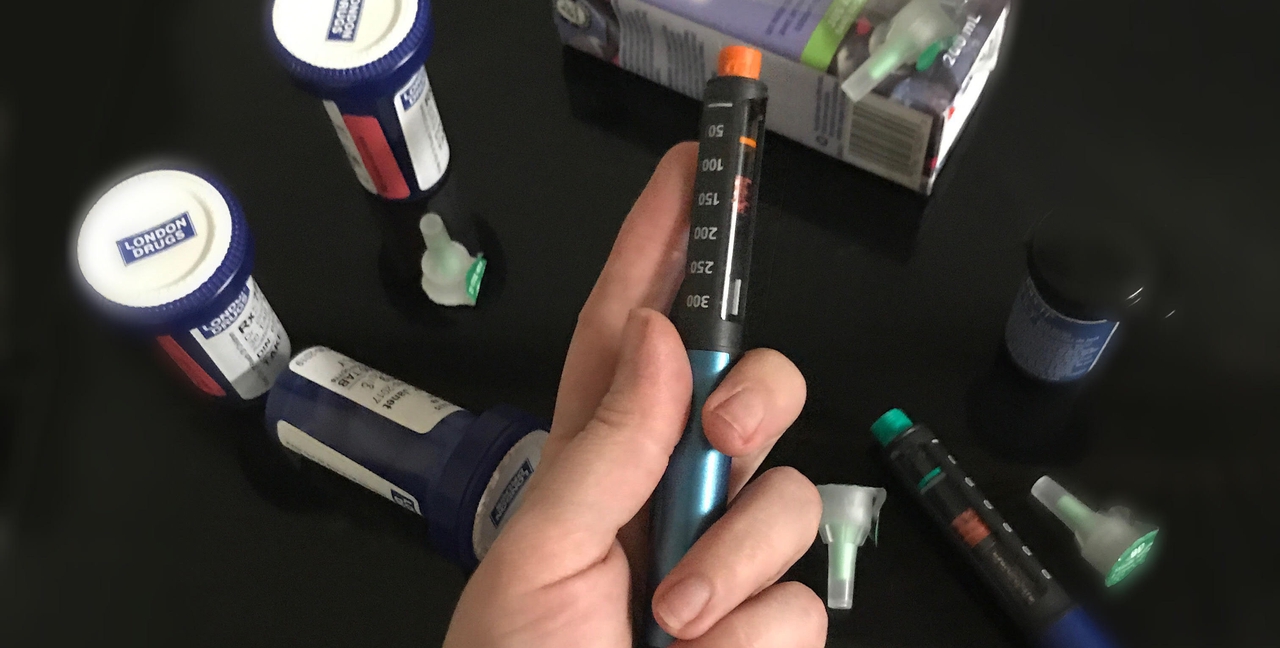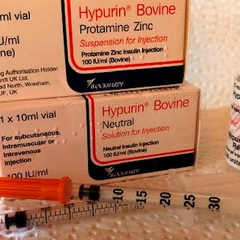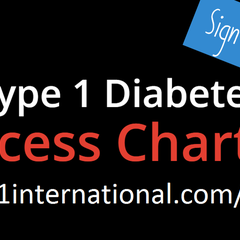
Diabetes Inequality in Canada
6 Oct 2017, 4:40 p.m. in Global Stories by Janet D.
The one thing I know about in life is change. I was 12 turning 13 when my father got sick and died. He had been diagnosed with an enlarged heart and was awaiting a heart transplant, so we travelled from Canada down to the United States for him to say goodbye to the rest of the family. It was our last night there, and he didn't make it. I was with him as the paramedics arrived and tried to revive him.
I was diagnosed with type 1 diabetes ten days before my sixteenth birthday, in April of 1996. I was rushed to the "big city" from my small town and hospitalized immediately. There I received my first shots and learned how to give them to myself. I was told I should be prepared for a short life. I now know that they were wrong, but it was a scary time. They stressed that I should not have children because I would likely not survive the pregnancy or childbirth.
I think because of the fear they imparted, I struggled a lot with my diagnosis. I spent many years rejecting the idea that I was a diabetic. I didn't want special attention, so I lived like everyone else did in my small town, drinking and taking part in other regular activities that most teenage kids do.
When I set out on my own and started to make a life for myself, I made some wrong choices and ended up in an abusive relationship. Both of us were unemployed, so instead of buying the medication I needed, I paid for rent. Still, he would blame everything on my diabetes and threatened to throw me in a psych ward. That's when the rationing started. First, it was a little starvation. Eventually I wouldn't eat, and wouldn't take my shots.
Thankfully, I got out of that situation and entered a crisis shelter. They got me a place to stay and they helped me with food. I received a special low-income supplement and they helped with my insulin. I was feeling better, but I had no idea how damaged I was from that relationship. I fell into a depression, started not taking care of myself again.
The province I lived in at the time had good health care. Depending on where you live in Canada, some people have no costs, while others without access to coverage by government, employer or private insurance plans have to spend thousands of dollars annually to manage their diabetes. At that time in my life I had my medicine, but I didn't take it as I should have. I didn't realize how difficult it would later be to even afford my insulin and supplies.
A few years later, I moved back home and started to make a new life again. Things were going so well that I started to explore my future. I decided to make the move to Calgary where I could go to school and be in a big city. Unfortunately, I didn’t plan ahead for my health care. Once I arrived in Calgary, I started asking pharmacists and various health workers what the process was for me to get healthcare in my new province and what I needed to do. I was quickly told by everyone that they couldn’t help me, so I tried to stay on my home province healthcare plan for as long as I could.
Unfortunately, I was only allowed a three-month supply at a time for my medicines, so I rationed everything. I reused needles, and I took insulin only when I really needed it. I could not even afford test strips. This is Canada we are talking about, not a low-income country. I could see the rationing effecting me, but I did not have a choice.
I then found myself unemployed for three months. I did manage to find a job, but it barely paid for anything and there was no insurance coverage with it. I could not afford health insurance on my own. The rationing became even more intense. Instead of taking my insulin the four to five times a day I was supposed to, I was lucky if I took one or two shots with a needle I reused many times.
Recently I went to the ER and was admitted with a heart attack, which was caused by stress and repressed emotional anxiety. I went into emergency surgery for a stent, and the doctors wanted to know why my blood sugars weren't "on target". I told them that I could not afford my insulin. I made $300 too much for the low-income health benefits, but I didn't make enough to pay for insurance myself. My doctor was in shock. I explained how many diabetics ration their insulin and reuse old needles, simply because we can't afford the things we need. We have to decide between things like test strips and food.
I now have to wait and see if I can be approved for any kind of health care. At least in the meantime I have some options to allow me to live. That’s what I want most…to live. I want to help others who struggle as I have, because no one should ever feel as isolated and helpfulness as I felt.







